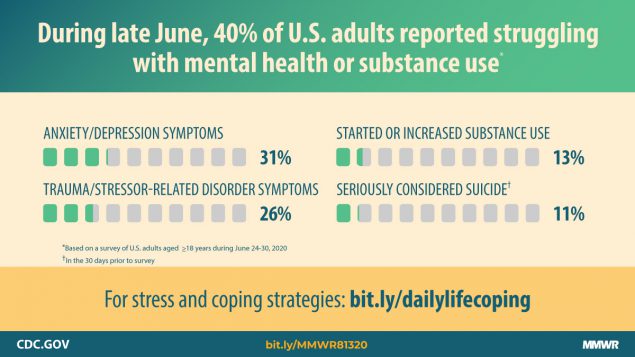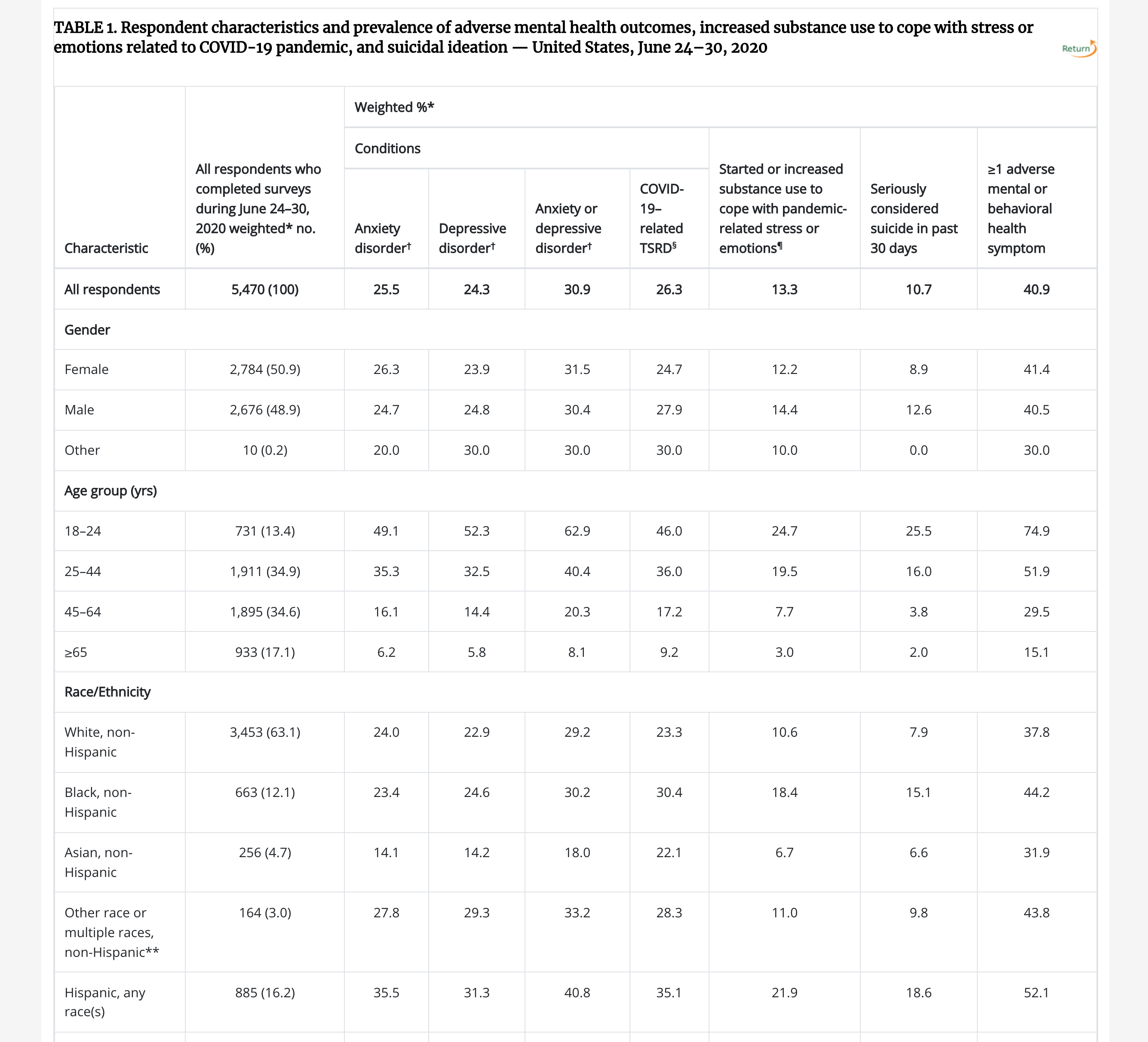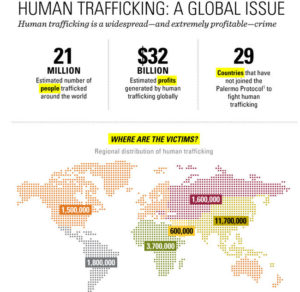In today’s digital age, social media platforms have become an integral part of our lives. From connecting with friends and family to accessing a vast array of information, these platforms offer numerous benefits. However, when it comes to children and adolescents, the question arises: What should be the minimum age for children to join social media?
One crucial fact that needs to be considered is the development of the brain. Research has shown that the prefrontal cortex, responsible for impulse control and decision-making, doesn’t fully develop until around age 25. On the other hand, the brain’s rewards and emotion centers get revved up well before that, during puberty. This developmental mismatch explains why teenagers are more prone to taking risks and reacting with emotional extremes to situations that adults would likely handle with more caution.

Considering this scientific insight, it becomes essential to evaluate the potential risks and benefits of allowing children access to social media at a young age. On one hand, social media can offer educational opportunities, promote creativity, and facilitate social interactions. It can also help children develop digital literacy skills necessary for the modern world. However, on the other hand, there are significant concerns related to privacy, cyberbullying, online predators, and the potential impact on mental health.
Several social media platforms have already established a minimum age requirement, often set at 13 years old. The Children’s Online Privacy Protection Act (COPPA) in the United States also sets 13 as the minimum age for certain data collection practices on online platforms. This age restriction is based on the assumption that children at this stage have a better understanding of online safety and can navigate the digital landscape with some level of responsibility.
However, there is an ongoing debate about whether 13 is an appropriate minimum age. Critics argue that even at 13, children may not possess the necessary maturity and judgment to handle the potential risks associated with social media. They believe that raising the minimum age would provide children with more time to develop essential life skills, emotional intelligence, and a better understanding of the consequences of their actions online.
So, what should be the minimum age for children in social media? It is a complex question with no easy answer. Different countries and organizations have taken various approaches to address this issue. Some propose the introduction of digital citizenship education in schools to equip children with the knowledge and skills necessary to navigate the online world responsibly. Others argue for stricter regulations and enhanced privacy protections to safeguard children’s well-being.
Ultimately, determining the minimum age for children in social media requires a balanced approach that considers the developmental stage of children’s brains, the potential benefits and risks, and the need for comprehensive education and support systems. It is a collective responsibility of parents, educators, policymakers, and the society as a whole to ensure that children can safely and responsibly engage with social media platforms when they are developmentally ready.
As the digital landscape continues to evolve, ongoing research and dialogue will play a crucial role in shaping policies and guidelines regarding children’s participation in social media. Striking the right balance between empowering children and protecting their well-being is essential to foster a healthy and responsible digital environment for the next generation.




![Pageflex Persona [document: PRS0000026_00029]](http://www.rammuthiah.com/blog/wp-content/uploads/2016/06/ACX_TellMyDad-300x300.jpg)


